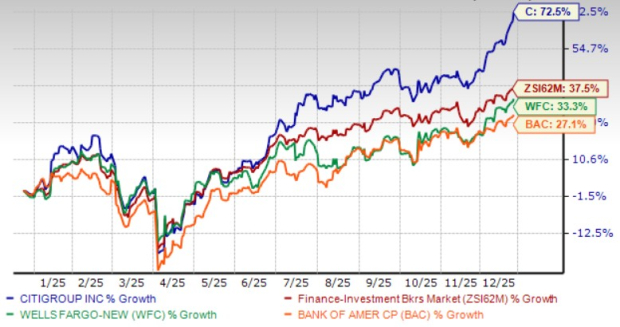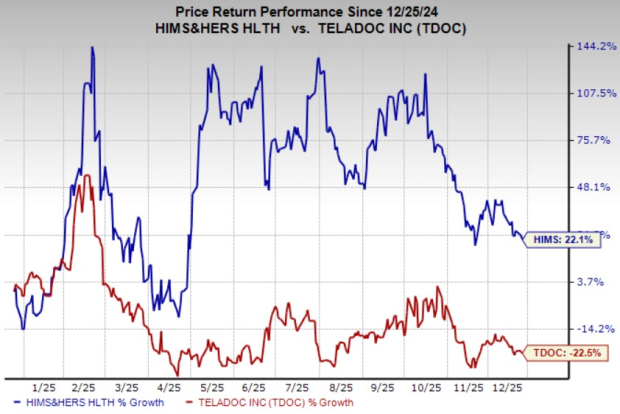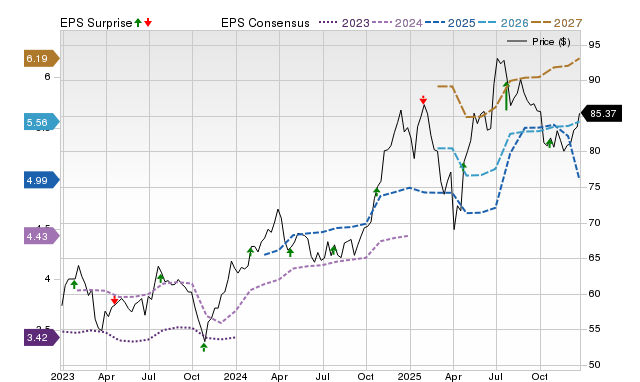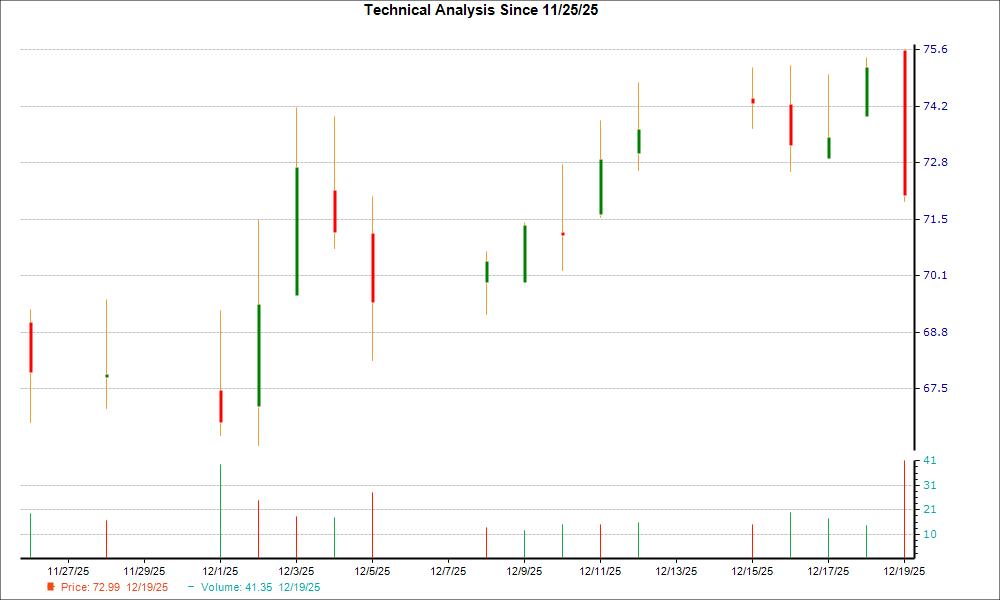One of the most popular picks among analysts and fund managers when asked about sectors that will do well in 2024 is healthcare. The logic for that pick is indisputable. Healthcare fell behind the broader market last year so will be a beneficiary of the kind of broadening that we have seen over the last month or so, and of the tendency of sectors to revert to the mean, but it also has the advantage of being a classic defensive area of the market. People don’t stop spending on healthcare if the economy slows, as many people assume it will at some point this year.
The only problem right now, though, is that those arguments for the sector have been clear for a while, and a lot of the bounce back has already happened, as can be seen from the 1-year chart for the Healthcare Select Sector SPDR Fund (XLV), below:

One could argue that given the degree of underperformance and the resiliency of the sector in uncertain times, economically there is still plenty of room for something like XLV to run, but the trader in me recoils at the idea of buying something that is already at a clear 52-week high and that has gained nearly twenty percent in the last couple of months. In addition, XLV is, as its name implies, an ETF that tracks a sector index. That means that it includes things like hospital stocks, whose fortunes are tied to the economy to some extent. It is not that people don’t use hospitals when times are hard but paying their bills after they do is often a different matter.
So if investors are looking for opportunities in healthcare, it may well pay to look at more specialized areas of the sector. The most obvious one in some ways is biotech, but there too has already been a strong bounce back in the most popular industry ETF, iShares Biotechnology ETF (IBB), over the last couple of months; even stronger, in fact, than in the sector fund:

I wouldn’t put anyone off of investing in either XLV or IBB, but if you are looking for something with more risk but the possibility of significantly more returns, individual biotech stocks may be a better option, either as a stand alone investment or as an add on for a small percentage of your overall healthcare portfolio. There is an overwhelming number of possibilities available, but there is one area of biotech that hasn’t participated in the rally but may well do well as institutional investors look for undervalued, recession-resistant names in the early part of this year.
So-called “platform stocks” companies that own platforms for the development of new drugs rather than actual commercial therapies, were all the rage a few years ago. The success of companies like Moderna (MRNA) in rapidly developing Covid vaccines during the pandemic demonstrated the advantages of owning platforms that can be repurposed in certain circumstances, and for a while, every public company that had its own platform saw their stock fly. Like many pandemic plays, though, the pop in platform stocks was way overdone. One could argue, though, that at this point, the selloff that followed is also overdone.

Take something like Intellia Therapeutics (NTLA), for example. This MA-based gene editing company saw their stock climb to over $175 in the post-pandemic platform boom, then drop back almost as quickly to around $30. $175 was obviously an overreaction by the market, but the potential that drove that move is still there. Drug development is an inherently risky business, but one breakthrough product pays for a lot of failures, and such a breakthrough in gene editing looks like it is only a matter of time. NTLA isn’t the only candidate to make that breakthrough, of course. Other companies also have candidates, most notably CRISPR Therapeutics (CRSP), but their stock has followed the sector in rallying strongly recently, so doesn’t fit the bill for a yet to catch up to the market healthcare stock.
Buying a range of platform stocks may be a good strategy in order to enhance your chances of owning whichever of them finds the next blockbuster drug, but if you are looking for a more focused investment, something like NTLA may be the answer. It is not something to go all in on, but it will serve well as a high risk, potentially high reward add on to your portfolio.
The views and opinions expressed herein are the views and opinions of the author and do not necessarily reflect those of Nasdaq, Inc.










